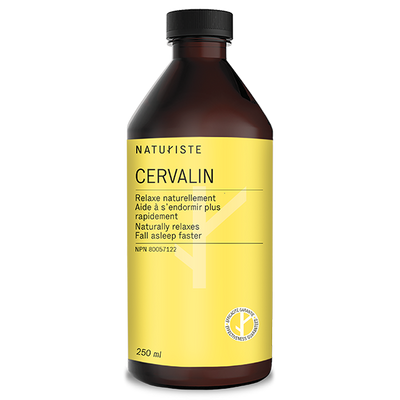Wonderful antioxidants
Antioxidants are compounds found in foods that neutralize chemicals called free radicals (unstable molecules) produced by oxidation in the human body. Plant foods such as fruits, the vegetables, the nuts and the Whole grains are rich in antioxidants.
The presence of free radicals is linked to health concerns such as heart disease, liver disease, and cancer. These unstable molecules react with our human cells and create a chain reaction that is transferred from cell to cell. The factors responsible for these free radicals are:
- chemical pollution,
- the ultraviolet rays of the sun,
- charred (barbecue) or caramelized (caramel flan) foods,
- roasted drinks (coffee and black tea),
- emotional and physical stress (including overtraining),
- infections,
- the alcohol,
- the cigarette and
- certain drugs.
To fight against oxidative stress and free radicals, there are several antioxidant molecules found in nature:
- curcumin from turmeric,
- green tea catechins,
- resveratrol from grapes and red wine,
- lycopene from tomatoes,
- beta-carotene from orange and red vegetables,
- the lutein in the egg yolk and
- yellow and green vegetables and vitamin E from nuts and seeds.
Certain antioxidant molecules have a localized action confirmed by clinical research. They all have in common that they can fight against premature aging of cells:
- Resveratrol is believed to help reduce inflammation, prevent the oxidation of LDL or "bad" cholesterol, and make platelet aggregation more difficult (prevents "thickening" of the blood and the formation of clots). A recent study reveals that resveratrol improves the health and life expectancy of obese mice subjected to a diet very high in fat (and therefore in calories).
- Lutein and beta-carotene are believed to protect the retina and lens of the eyes from macular degeneration and cataracts.
“Boston epidemiologists studied 356 people aged 55 to 80 with advanced macular degeneration and compared them to 520 control subjects with other ophthalmic conditions. They observed a 42% decrease in the rate of macular degeneration in people with the highest consumption of carotenoids (mainly lutein and zeaxanthin) compared to those with the lowest consumption.
Another group of researchers studied the macular pigment of 878 healthy adult subjects. They observed a significant aging-related decline in this essential protective pigment that worsened in smokers and in those with a family history of macular degeneration. "[1]
- Lycopene is believed to protect cells from prostate, lung and stomach cancer.
“Just as lutein is concentrated in the macula, lycopene is concentrated in certain organs and, in particular, in the prostate. Studies have shown a lower incidence of prostate cancer in populations consuming large amounts of tomatoes and tomato products. A study evaluated the consumption of different dietary carotenoids in 47,894 healthcare professionals without prostate cancer and compared it with the risk of developing this disease. Lycopene is the only carotenoid to have an impact: the greater the amounts consumed, the lower the risk of cancer.
Researchers at the University of Bern report that, in vitro, lycopene, together with vitamin E, inhibits the growth of two different types of prostate cancer cells. When alone, lycopene does not have this effect. Several studies have linked lycopene to a lower risk of cancer. One of those studies, the Washington County Study, found that men with the highest levels of lycopene in their blood had half the risk of developing prostate cancer than those with the lowest levels. In men under the age of 70, this benefit was even greater. "[2]
- Curcumin would fight against various inflammations, against certain cancers (breast, lung, colon) and against diabetes.
“Curcumin, extracted from turmeric, is a powerful antioxidant that provides effective protection against damage caused by free radicals. In 1995, scientific work showed that a diet containing curcumin reduced oxidative stress. Indian researchers have shown that curcumin inhibits lipid peroxidation and neutralizes superoxide and hydroxyl radicals. "[3]
- The catechins in green tea (especially the type of catechin called EGCG) are believed to protect against cancer of the breast, bladder, prostate and stomach.
“Several epidemiological studies suggest that people who drink green tea regularly have less frequent and less severe cancers. In another study, EGCG from green tea affected the activity and expression of prostate specific antigen. This is able to affect cell migration - metastasis - or other important cancer processes. "[4]
Finally, there are also other antioxidants such as:
- coenzyme Q-10,
- alpha lipoic acid and
- glutathione produced by our cells and activated by cysteine or
- undenatured whey, which can be found in supplements.
In short, antioxidants therefore all generally protect against cancer and premature aging, but some are more specialized in preventing certain cancers depending on its target organ. A good way to prevent these diseases is therefore
- to consume antioxidants in the form of food or supplements,
- to exercise moderately and
- to modulate your stress,
- to avoid smoking and
- avoid consuming too much alcohol and barbecuing meats.
Healthy!




Leave a comment